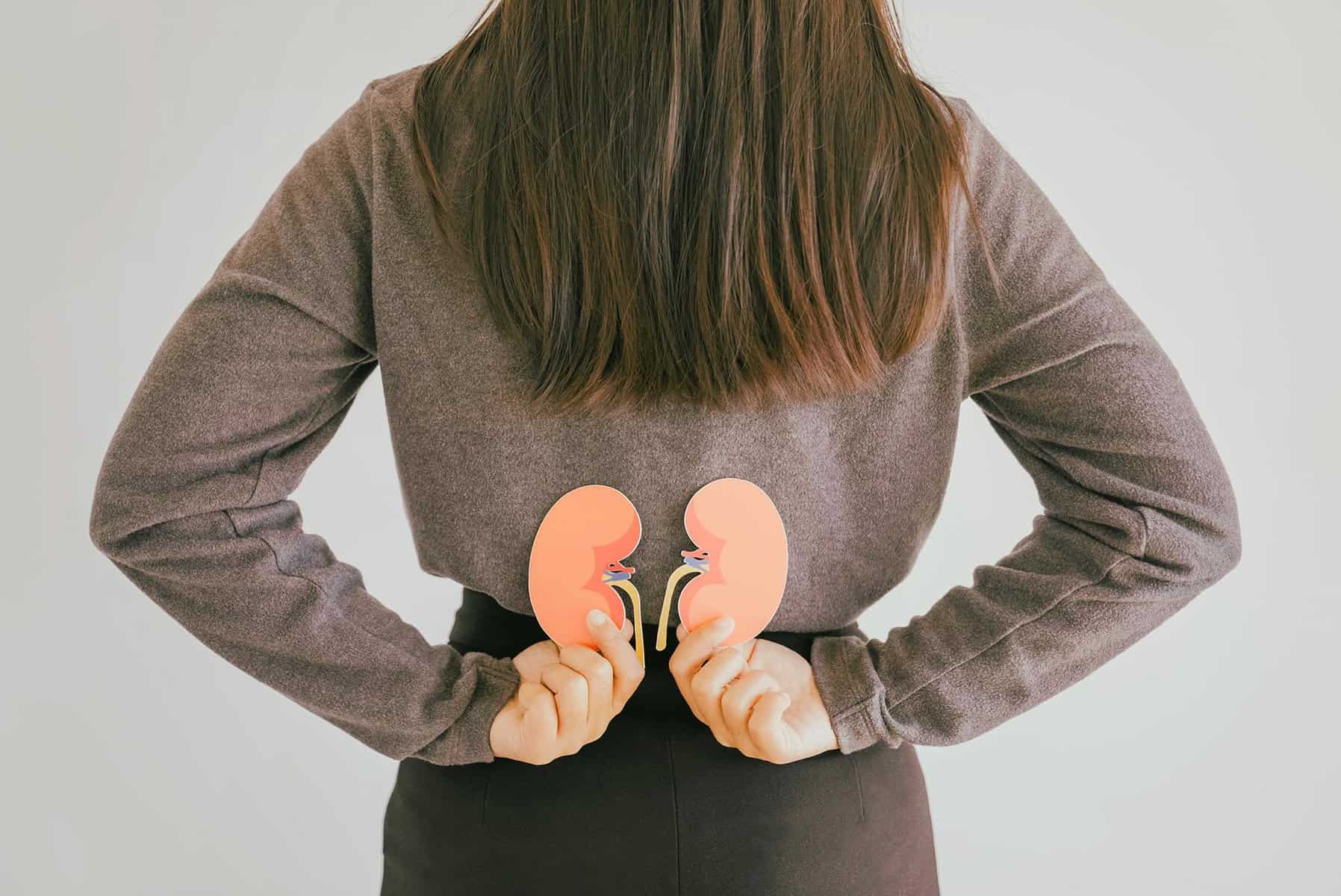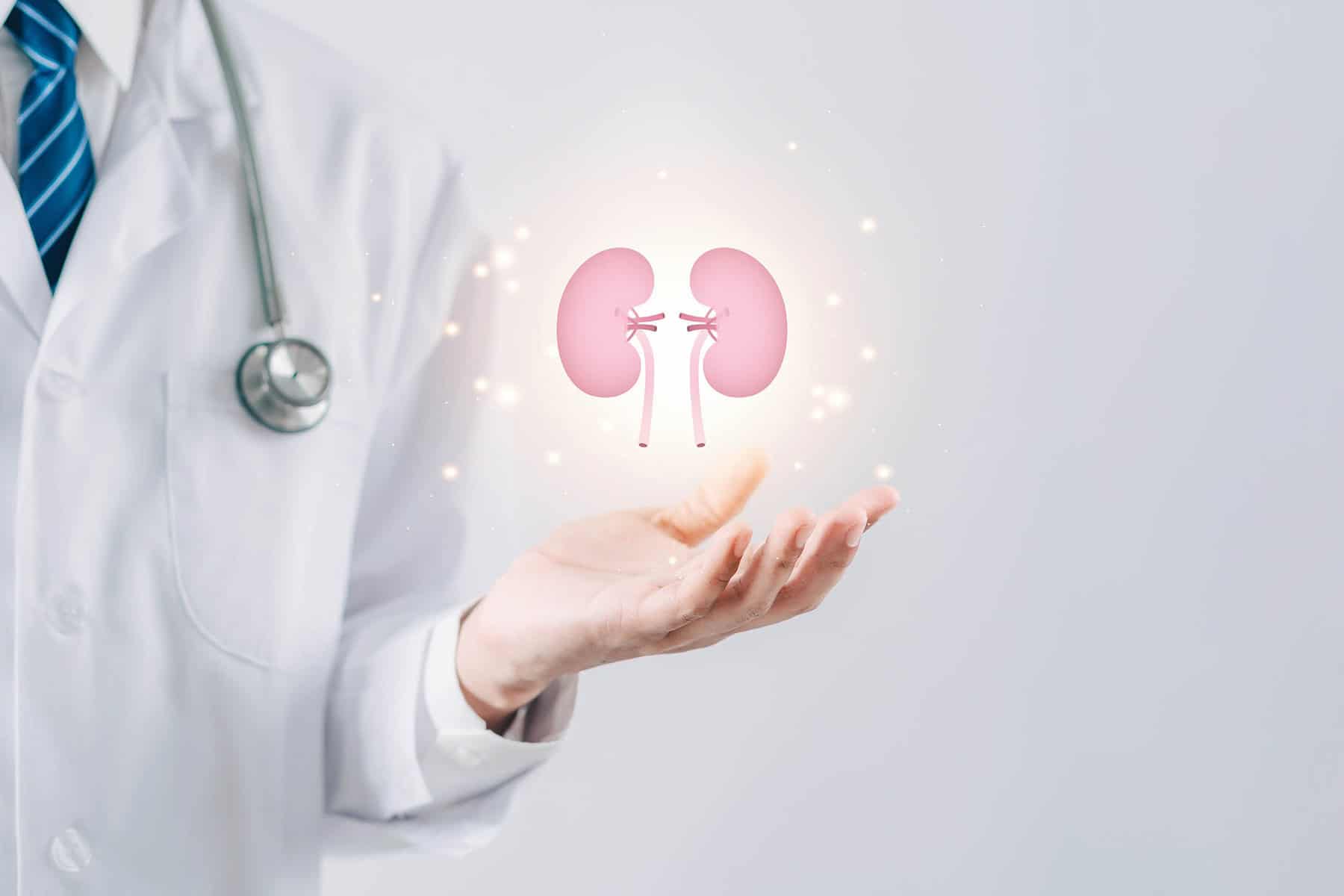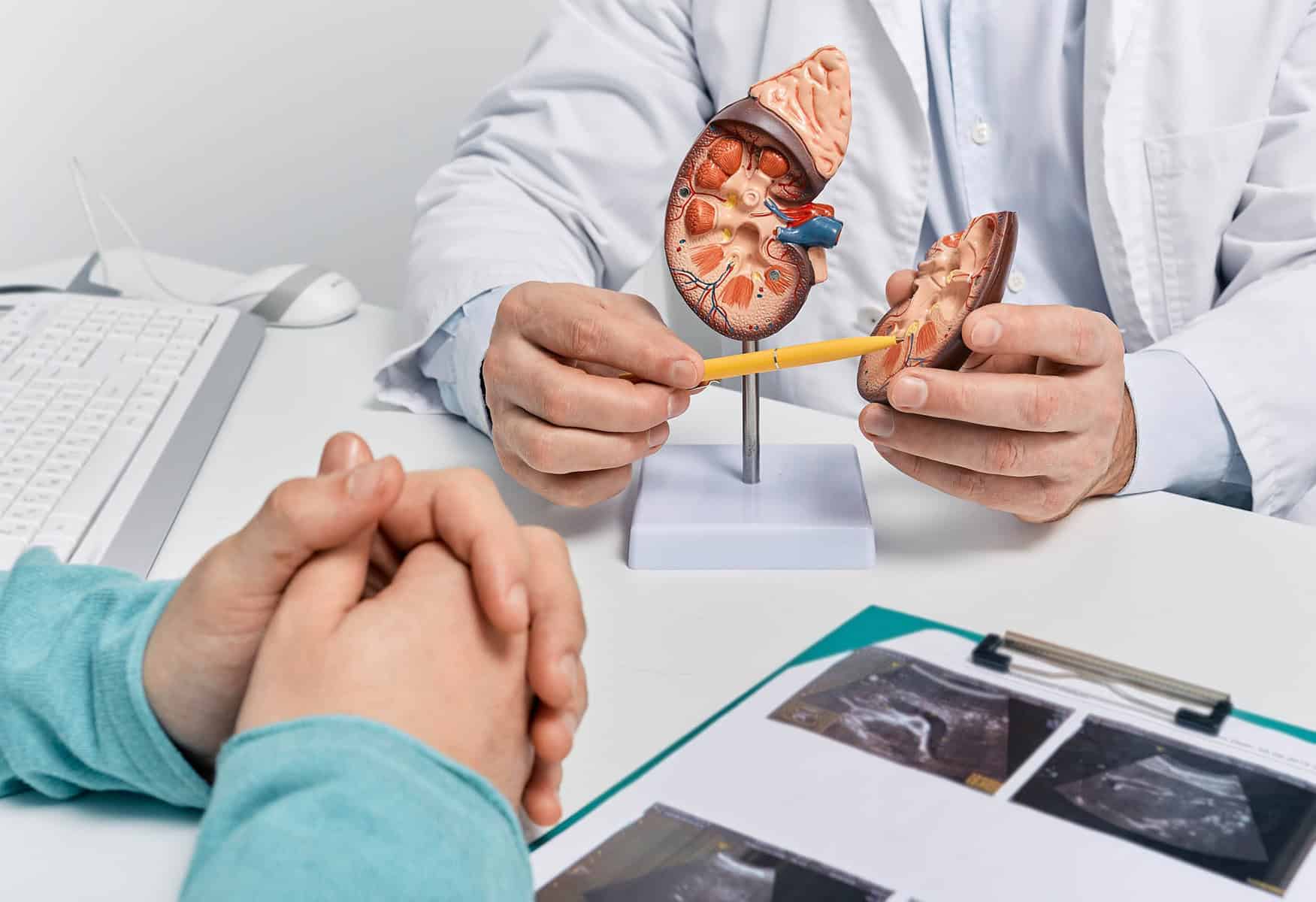Expert Treatment for Kidney Stones
Relieve the pain of kidney stones with expert care at The Forbury Clinic. Submit an enquiry for a consultation and explore our advanced treatment options.

Overview of Kidney Stones
Kidney stones are hard mineral and salt deposits that form in the kidneys, causing severe pain and urinary issues. These stones can vary in size and may cause symptoms such as sharp pain in the back or side, blood in the urine, and frequent urination. Addressing and treating kidney stones promptly is crucial to prevent complications and alleviate pain. At The Forbury Clinic, we specialise in diagnosing and treating kidney stones with personalised care and advanced techniques. Contact us today to learn more and schedule a consultation.


What are Kidney Stones?
Kidney stones are solid masses made of crystals that originate in the kidneys. They can develop when urine becomes concentrated, allowing minerals to crystallise and stick together. There are several types of kidney stones, including calcium stones, uric acid stones, struvite stones, and cystine stones, each with different causes and treatment approaches. Common symptoms of kidney stones include severe pain in the side and back, pain that radiates to the lower abdomen and groin, pain during urination, pink, red, or brown urine, nausea and vomiting, and persistent need to urinate. While some kidney stones pass on their own, others may require medical intervention to prevent complications such as infections or kidney damage.
Causes and Risk Factors
Causes
Kidney stones can form when the urine contains high levels of certain substances, such as calcium, oxalate, and uric acid, which can crystallise and form stones. Common causes include:
Dehydration:
Not drinking enough fluids can lead to concentrated urine, increasing the risk of stone formation.
Diet:
High intake of sodium, protein, and oxalate-rich foods can contribute to stone formation.
Medical Conditions:
Conditions such as hyperparathyroidism, gout, and certain urinary tract infections can increase the risk
Family History:
Genetics can play a role, as a family history of kidney stones increases the likelihood of developing them.
Risk Factors
Age and Gender:
Men are more likely to develop kidney stones than women, and the risk increases with age.
Obesity:
Excess body weight can alter the chemical balance in the urine, leading to stone formation.
Digestive Diseases:
Conditions such as Crohn’s disease or gastric bypass surgery can affect the body’s absorption of calcium and water, increasing the risk.
Medications:
Certain medications, such as diuretics and calcium-based antacids, can increase the likelihood of stone formation.
Diagnosis
Diagnosing kidney stones involves a comprehensive evaluation at The Forbury Clinic. The diagnostic process includes:
- Medical History and Physical Examination: Discussing symptoms, medical history, and lifestyle factors with a specialist.
- Urine Tests: Analysing urine samples to detect the presence of stone-forming substances.
- Blood Tests: Checking for high levels of calcium, uric acid, and other substances that can contribute to stone formation.
- Imaging Tests: Utilising ultrasound, X-rays, CT scans, or IVP (intravenous pyelogram) to visualise the kidneys and detect the presence, size, and location of stones.
- Stone Analysis: If a stone is passed, analysing its composition can help determine the underlying cause and guide prevention strategies.
These diagnostic tools ensure a thorough and accurate diagnosis, allowing for effective treatment planning.

Treatment of Kidney Stones
At The Forbury Clinic, we offer a range of treatment options for kidney stones, tailored to each patient’s specific needs.
- Non-Surgical Treatments
- Surgical Treatments
- Innovative Treatments
Pain Management:
Over-the-counter pain relievers such as ibuprofen or acetaminophen can help alleviate pain caused by kidney stones.
Hydration:
Increasing fluid intake helps flush out smaller stones through the urinary tract.
Medications:
Alpha-blockers can relax the muscles in the ureter, helping stones pass more easily. Additionally, medications can prevent the formation of certain types of stones by controlling the levels of stone-forming substances in the urine.
Extracorporeal Shock Wave Lithotripsy (ESWL):
This non-invasive procedure uses shock waves to break kidney stones into smaller pieces that can be passed through urine.
Extracorporeal Shock Wave Lithotripsy (ESWL):
This non-invasive procedure uses shock waves to break kidney stones into smaller pieces that can be passed through urine.
Percutaneous Nephrolithotomy (PCNL):
This minimally invasive surgery involves making a small incision in the back to remove larger kidney stones directly from the kidney.
Open Surgery:
In rare cases, large or complex stones may require traditional open surgery to remove them.
Laser Lithotripsy:
A laser is used to break down stones into smaller fragments that can be passed or removed with minimal discomfort.
Minimally Invasive Techniques:
Utilising the latest technology, our specialists perform procedures with minimal incisions, reducing recovery time and improving outcomes.
Managing Kidney Stones
Managing kidney stones involves a combination of medical treatments and lifestyle adjustments to prevent recurrence and maintain kidney health:
Hydration:
Drinking plenty of fluids is essential to dilute urine and prevent stone formation.
Dietary Changes:
Reducing intake of sodium, animal protein, and oxalate-rich foods can lower the risk of stone formation.
Medications:
Depending on the type of stones, medications may be prescribed to control the levels of stone-forming substances.
Regular Monitoring:
Follow-up appointments at The Forbury Clinic ensure ongoing monitoring and prevention of recurrent stones.
Complications
- Kidney Damage: Large stones can cause damage to the kidneys and obstruct urine flow.
- Infections: Stones can increase the risk of urinary tract infections.
- Chronic Pain: Persistent pain and discomfort if stones are not effectively treated.
Prognosis
With prompt and appropriate treatment, the prognosis for kidney stones is generally excellent. Most patients experience significant symptom relief and a full recovery. Preventative measures and regular follow-ups can help reduce the risk of recurrence and ensure long-term kidney health.


Why Choose The Forbury Clinic?
Choosing The Forbury Clinic for your kidney stone treatment ensures you receive exceptional care from a team of experienced specialists. Our clinic is renowned for its expert medical staff, who are dedicated to providing precise diagnoses and effective treatments tailored to each patient’s needs. We utilise cutting-edge technology and the latest medical advancements to offer innovative solutions for kidney stones and other urological conditions. Our patient-centred approach prioritises your comfort, privacy, and overall well-being, ensuring a supportive and compassionate environment. With comprehensive diagnostic and therapeutic services, The Forbury Clinic is committed to helping you achieve optimal kidney health and a better quality of life.